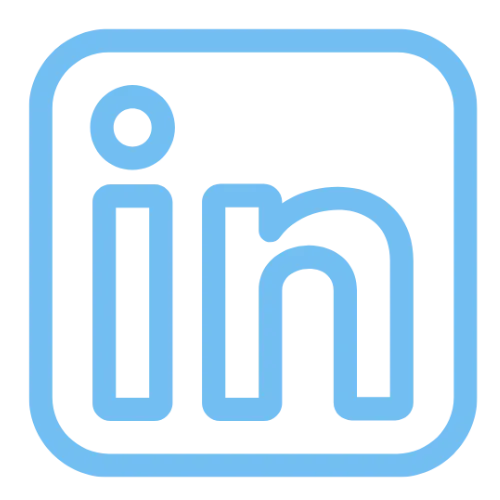
Unlocking Innovation: Ideation Tips for New Ventures
Starting a new venture can be as thrilling as it is daunting. One of the most critical stages in the early life of a startup is the ideation phase, where you brainstorm, refine, and eventually select the innovative ideas that will fuel your business. It’s about more than just coming up with a list of ideas; it’s about shaping those ideas into viable business solutions that solve real problems. Whether you're a seasoned entrepreneur or just starting out, these tips will help you unlock your creative potential and set a strong foundation for your new venture.
Kickstarting Your Brain: Let’s Get Creative!
To ignite your creative engines, start by changing your environment. Sometimes, a new location can provide a fresh perspective and inspire ideas. Try brainstorming in a park, café, or even a different room than your usual workspace. Engage in activities that stimulate your brain, such as reading a book unrelated to your business or playing puzzle games. These can help you think differently and break typical patterned thinking. Collaborating with people who have different skills and backgrounds can also introduce new viewpoints and spark innovative solutions. Don’t forget the power of solitude too – sometimes, the best ideas come when you’re alone with your thoughts.
Brainstorming Basics: Building a Solid Foundation
Effective brainstorming is pivotal. Start with a clear, focused question or problem to solve. This helps keep the brainstorming session directed towards actionable solutions. Encourage an open environment where all ideas are welcomed and judgment is suspended – remember, quantity often leads to quality in brainstorming. Use tools like whiteboards or sticky notes to visually map out thoughts and patterns. Finally, set a time limit to create a sense of urgency and focus, which can lead to quicker, sharper thinking.
Embracing Failures: The Key to Unexpected Ideas
Innovation often requires a willingness to take risks and occasionally fail. Regard every failure as a stepping stone towards success. This mindset not only alleviates the pressure of perfection but also encourages more out-of-the-box ideas. Create a team culture where failures are openly shared and analyzed, not frowned upon. This transparency fosters an environment where everyone learns and grows together. Remember, many of the world’s breakthrough innovations were the result of initial failures that were iteratively developed into successes.
Tools of the Trade: Must-Have Ideation Techniques
There are several techniques to pump up ideation. The SCAMPER method (Substitute, Combine, Adapt, Modify, Put to another use, Eliminate, and Reverse) provides a structured way to think about a problem differently. Mind mapping, on the other hand, helps visualize relationships between ideas, enhancing understanding and memory. Brainwriting is another excellent tool, where team members write ideas on paper and then pass them around to build upon others' ideas, fostering collaborative thinking. Lastly, online collaboration tools can dramatically broaden the ideation landscape by facilitating remote brainstorming sessions with team members worldwide.
From Mind to Market: Refining Your Best Ideas
Once you have a set of ideas, it's crucial to evaluate and refine them before hitting the market. Start by assessing the feasibility, scalability, and potential impact of each idea. Use tools like SWOT analysis to understand strengths, weaknesses, opportunities, and threats related to an idea. Prototyping can then help visualize the product and gather feedback early in the process. Remember, the goal is to refine your ideas until you have a viable product that meets market needs and exceeds customer expectations.
Staying Inspired: Keeping the Creative Juices Flowing
Staying continually inspired can be challenging but rewarding. Make it a habit to regularly set aside time for creative thinking and exposure to new ideas. Attend industry conferences, webinars, and workshops to keep abreast of the latest trends and technologies. Networking with other entrepreneurs can provide new insights and motivations. Lastly, maintain a healthy work-life balance to prevent burnout. Activities like exercise, hobbies, and spending time with loved ones can rejuvenate your mind and spark creativity.
Ideation is a critical phase in the journey of any new enterprise, demanding both creativity and strategic thinking. By following the tips outlined above—from fostering a creative environment and embracing failures to utilizing sophisticated ideation techniques and refining your ideas—you’ll enhance your chances of developing innovative solutions that are not only imaginative but also commercially viable. Remember, the path from mind to market is iterative and requires continuous learning and adaptation. Keep your creative juices flowing, and the next big idea could be just around the corner!








